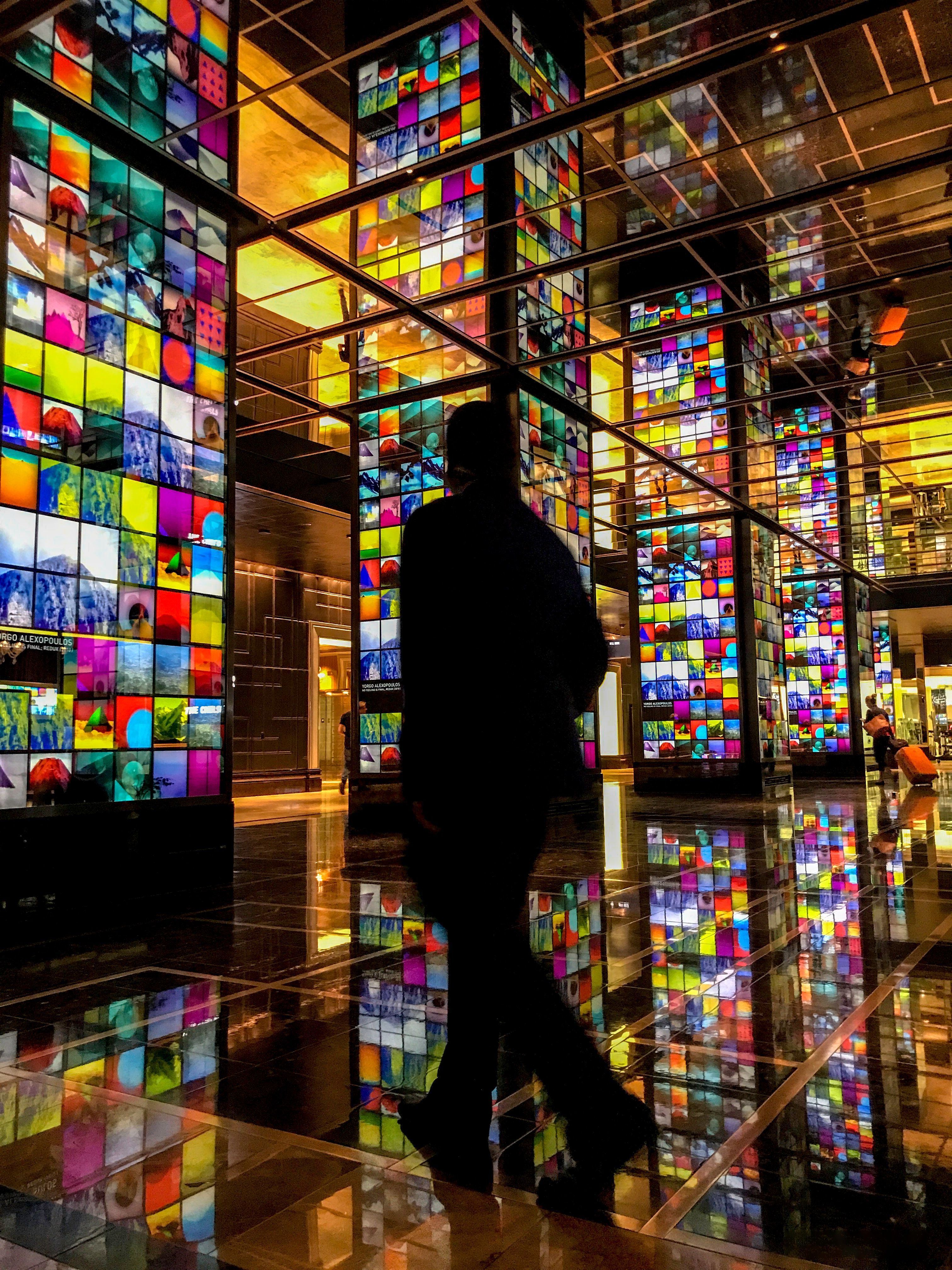
In today's digital economy it is possible to turn any object into an NFT and sell it. So where is the value of NFTs if anything can be transformed into NFTs?
An NFT can be a unique work of art, or a copy that can be reproduced ad-infinitum, although by using blockchain technology you can track who owns the NFT digital piece and therefore guarantee ownership , originality and authorship of the work.
An NFT or "non-fungible token" can technically contain anything digital, including drawings, animated GIFs, songs, or video game elements.
The irruption of brands into the world of NFTs does not surprise us, although most conversations about NFTs focus on digital art and the creation of a new or renewed art market
When a visual artist sells us an NFT we are the authorised owners of this work, which is unique, and these works, again, are bought using blockchain technology and paid for with cryptocurrencies, (although more and more means of payment are accepted). The buyer thus has a digital certificate which contains all the details of the creator and the creation (the sales token, which is a blockchain code).
As has always been the case with works of art, there are reproductions, although the one that has the most value is the work that is certified as original. In numbered editions, the lower the number, the higher the value (i.e. number one being more valuable than, say, number nine). Also, with certain kinds of works such as photography and digital art there may be no clearly defined “original”.
The mandatory reflection, if NFTs guarantee the value of the artwork to both the digital artist and its owner, why are trademarks, advertising and marketing entering the territory of NFTs? Why is NIKE acquiring a studio to create NFTs for its shoe models? Why does Burberry create NFTs of a deer? (The deer is a mascot of the iconic British brand that enjoys a large fan base in China). Or why is anyone willing to pay €3,000 for the NFT of a ghost-shaped Gucci image from the GucciGhost collection?
The irruption of brands into the world of NFTs does not surprise us, although most conversations about NFTs focus on digital art and the creation of a new or renewed art market. The NFT art market has been developing its own ecosystem since 2021, which is characterised by:
- Exclusive events on NFTs to showcase the pieces and artists of the moment, events that work in the style of art biennials and that today adopt an almost obligatory hybrid event format, ie face-to-face events and online.
- NFT collecting is emerging and growing exponentially today.
- Online communities dedicated to NFTs are key to the growth of this new market, as is the role that communities play in the field of cryptocurrencies.
- Galleries are beginning to allocate spaces dedicated exclusively to NFTs both online and physically, on screens in gallery spaces.
- Newly created auction houses and traditional houses like the famous Sotheby's encourage the purchase of NFTs.
- NFT’s art critics and influencers have joined this revolution in the art world.
- And among other agents, digital artists clearly have in the NFT’s a guarantor to disseminate, distribute and market their own work; the rules of this new market allowing them to operate whilst cutting out the middle man.
And what do brands do in the NFT art territory?
Get in on the trend and innovate by adapting this new format into their marketing and communication, allowing them to articulate a narrative of a different kind of visual branding.
Connect with an audience eager for novelty, innovation and culturally educated in this new art. This is the case of the luxury brands that in China have found a millennial generation culturally educated in this new art environment and who value NFTs, and other avant-garde digital art, and is ready and willing to pay for it.
Digital branding has a wonderful opportunity in NFTs, almost an obligation, to adopt them to incorporate the new canons of cultural and visual beauty into their language
Entering the brand territory of art, a territory that advertising has adopted and vice versa, the artist has seen in advertising and brands a reason for artistic reflection and transgression.
Sponsorship. Brands have a unique opportunity for NFT artists to renew and print an innovative air in their brand and institutional communication through emerging talent.
Digital branding has a wonderful opportunity in NFTs, almost an obligation, to adopt them to incorporate the new canons of cultural and visual beauty into their language. The beauty of this relationship between branding and NFTs lies in the ability of brands to drive and promote art, new talent, and new artistic disciplines.